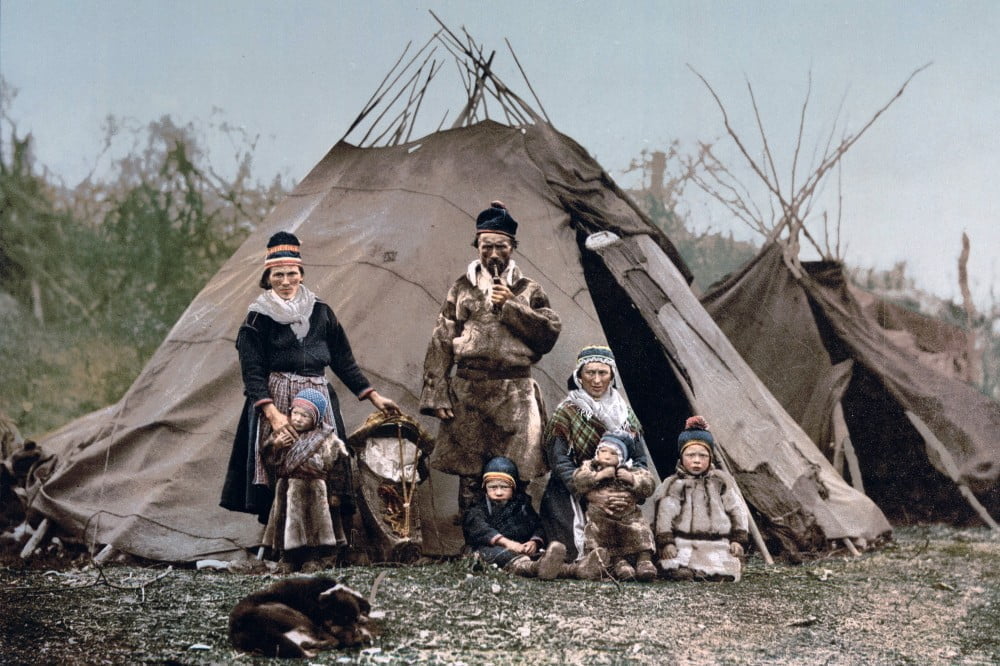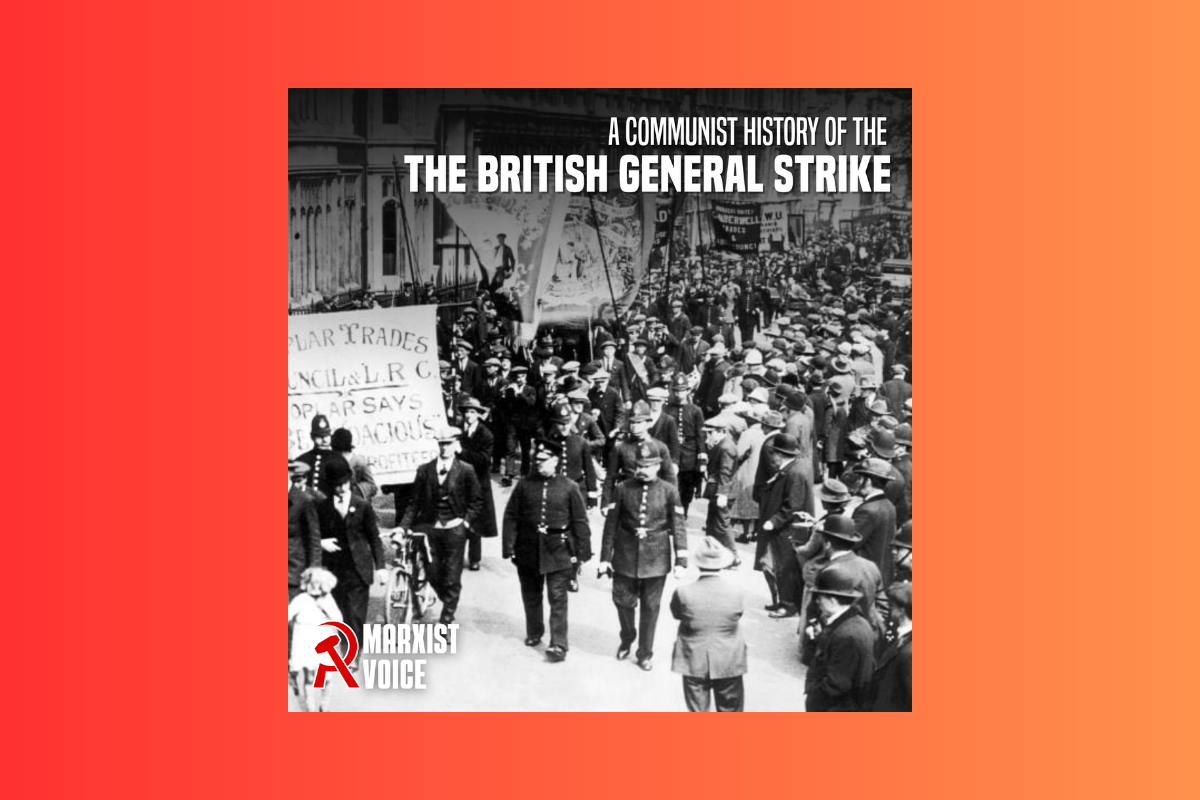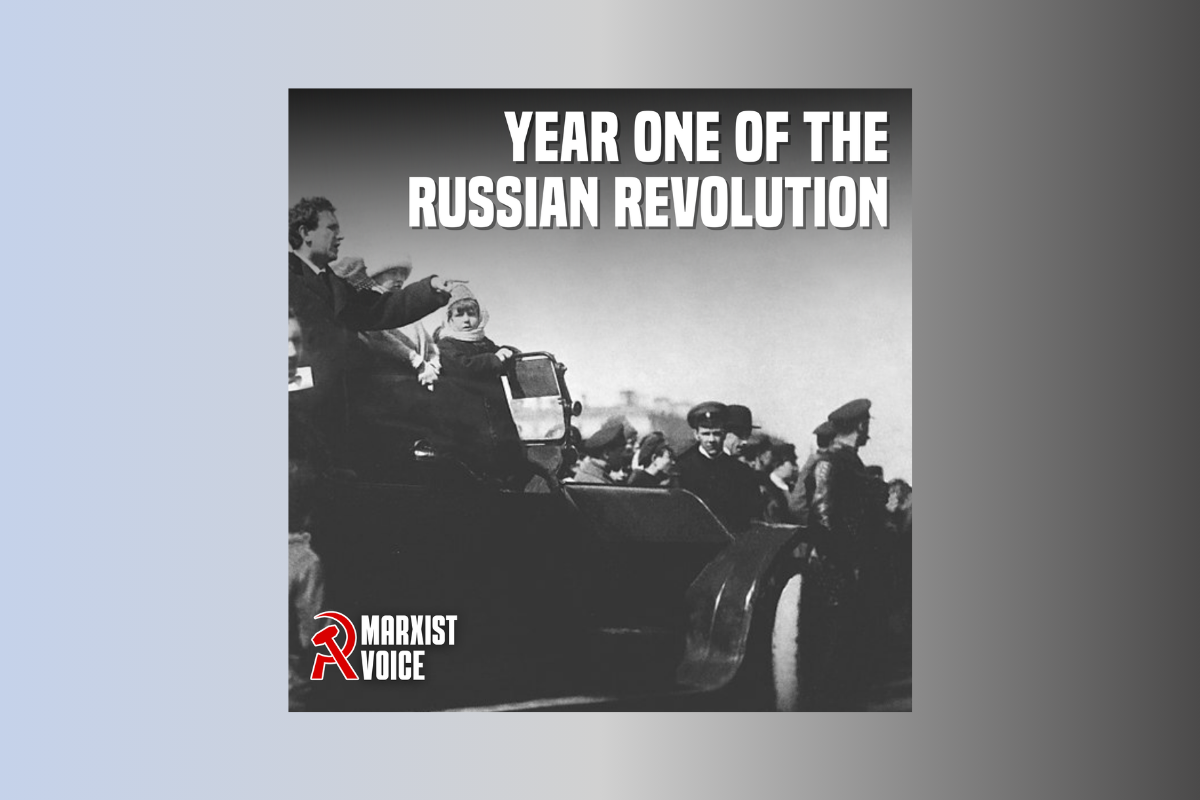In 1884, Engels published his classic of historical materialism, The Origins of the Family, Private Property and the State. This seminal book was based upon the revolutionary work of American anthropologist Lewis Henry Morgan, whose studies revealed something not understood in the West at the time – that most of human history did not consist of class societies, but classless ones.
Engels linked these findings to the materialist view of history: that, as human society develops, it does not remain the same in its structures or ideas.
One particularly important part of Engels’ theory – which has been confirmed many times since – is that early human societies not only lacked class divisions, but were also free of any inequality between the sexes. Indeed, such societies were typically matriarchal.
Today, the oppression of women under capitalism is clear. Mass movements are erupting across the world around issues such as the gender pay gap, femicide, and abortion rights. Engels ideas, Natasha explains, are therefore more relevant than ever in the fight for women’s emancipation and socialism.





